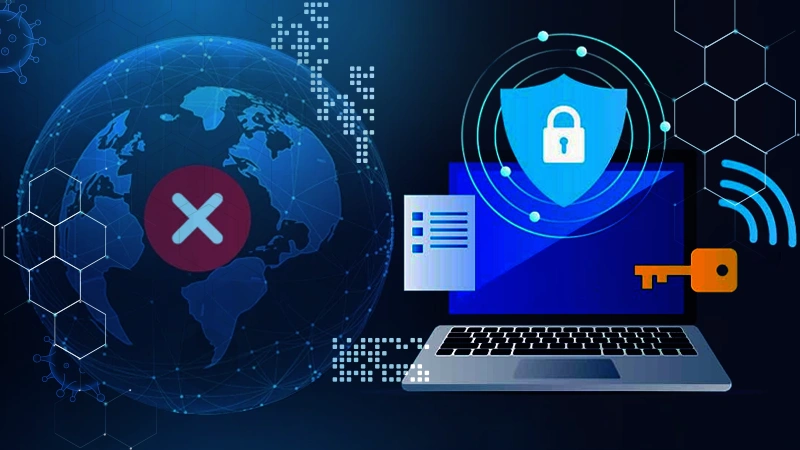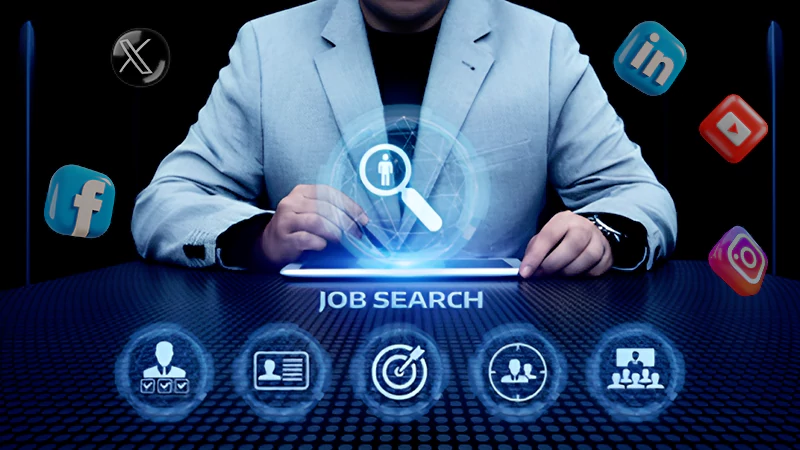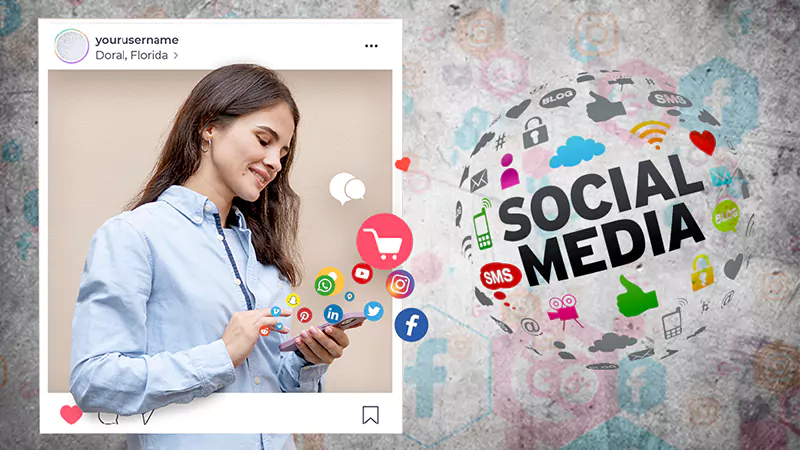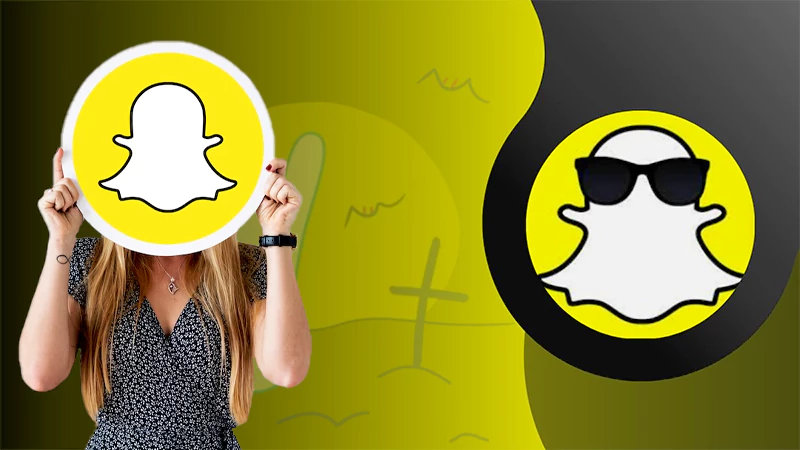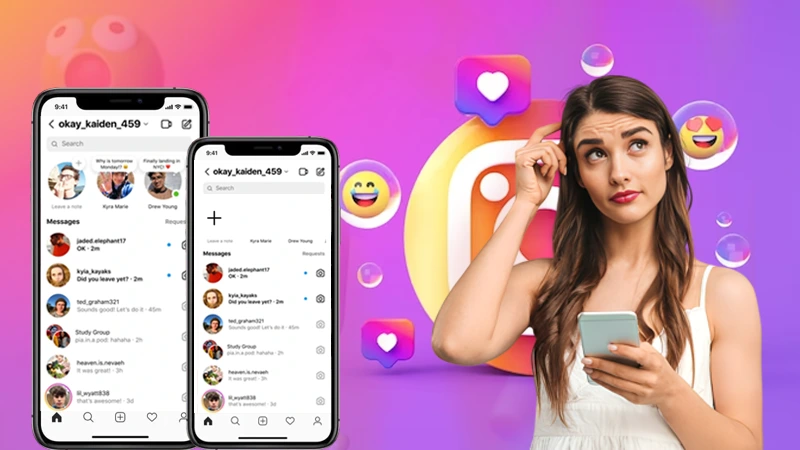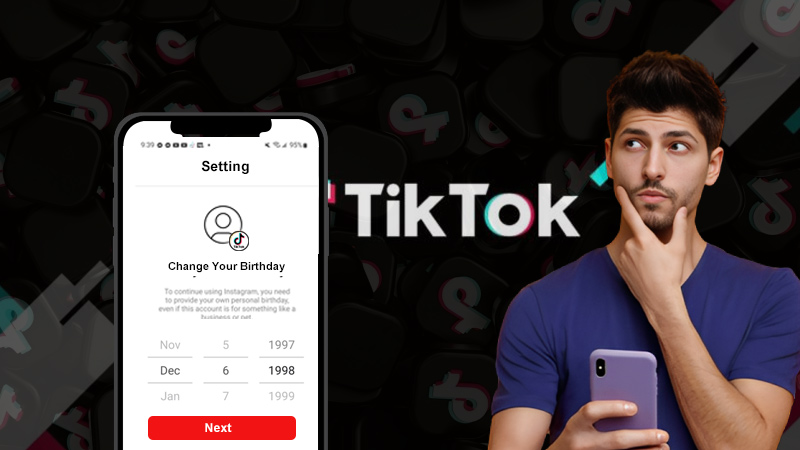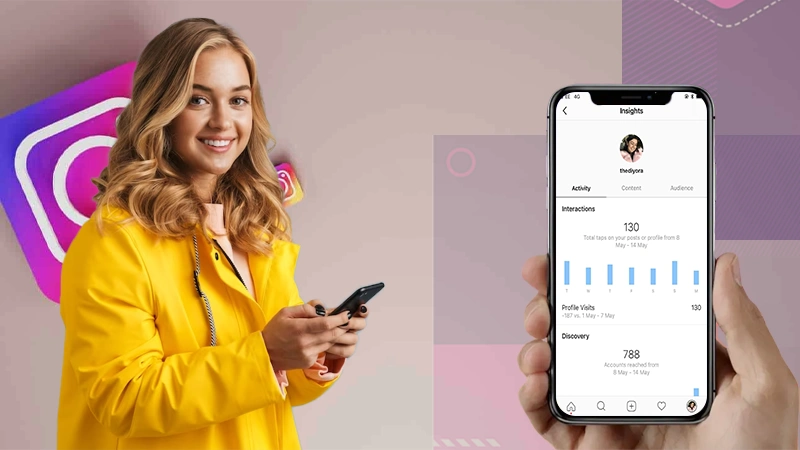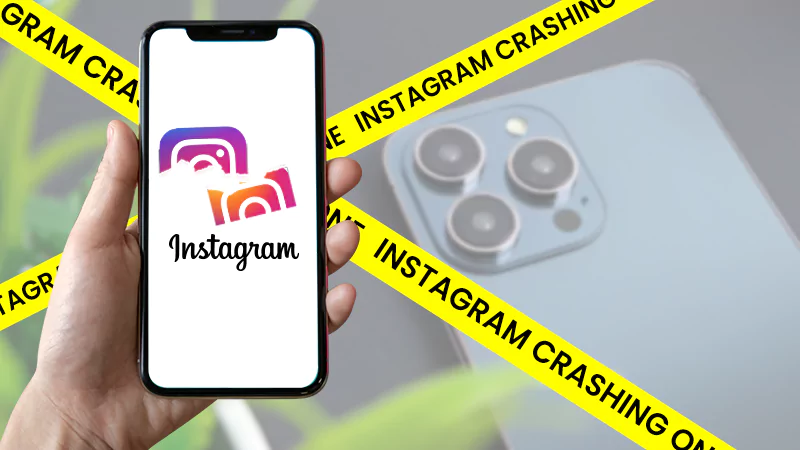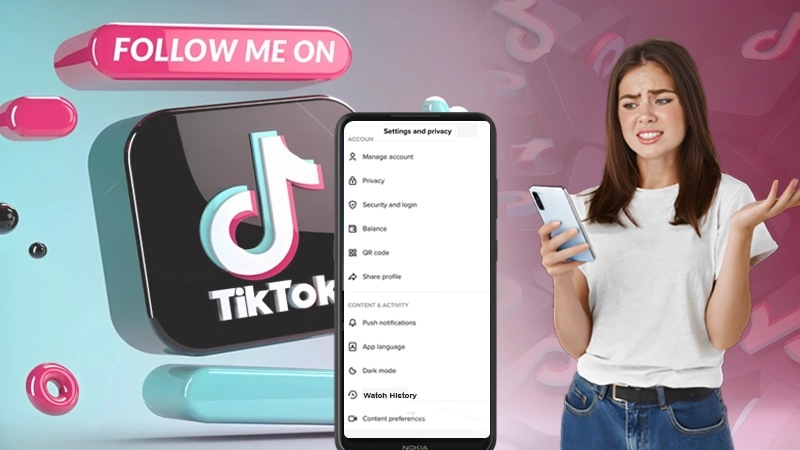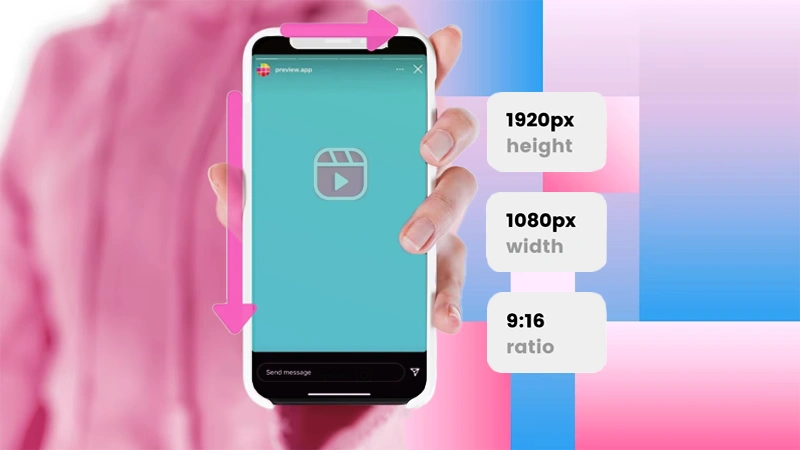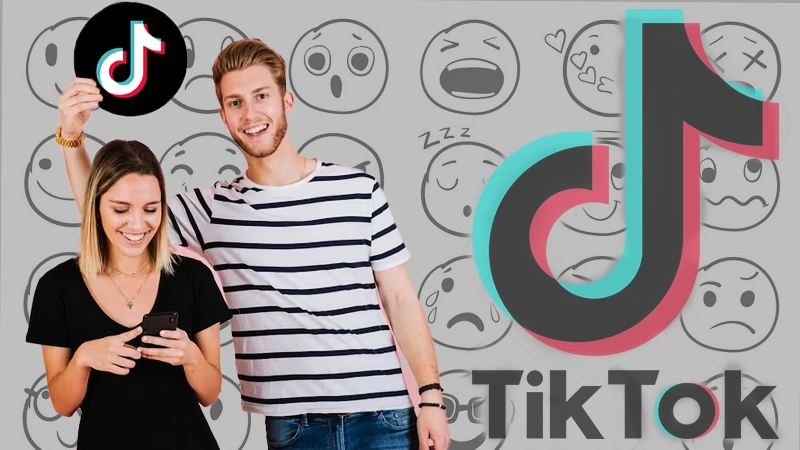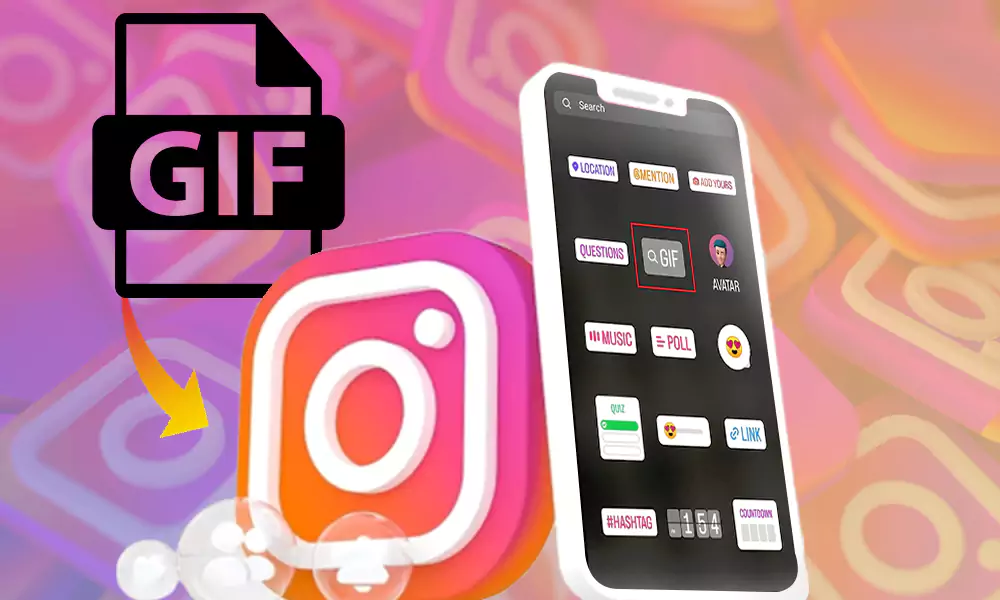How to Stay Safe on Your Social Media Channels?
As people’s screen time increases with the use of social media on various devices. So does the risk of hackers or identity thieves gaining access to either your social media accounts or perhaps even your passwords for online banking, eBay, and the like.
Statistics:
From 2023-2027, online payment fraud is predicted to cost businesses $343 billion.
Most devices or accounts are hacked by internet baddies sending emails or Facebook messages to recipients, who click or tap on a link that offers some clever app or invites a visit to an exciting new website. Within moments of clicking that link, your device can become infected with malware that records your keystrokes – thereby revealing passwords or even credit card details. That’s why social media managers should follow cybersecurity tips to keep their channels safe from hacking and malware.
Obviously, it’s vital to keep any virus protection up to date on any devices, but there are other techniques you can use to avoid being hacked, aside from simply being careful about opening emails and not joining unknown Wi-Fi networks.
One way to stay safe online is to use a Virtual Private Network (VPN). A VPN places an encrypted server in between you and your internet service provider (ISP). If you’re using a Windows computer, as opposed to a Mac, iPhone, or Android device, then a great way to protect your machine is to download a free VPN for your PC.
This works as a software application that can be added to cover the entire machine, or as a browser extension on whatever software you normally use to access the internet, be that Google Chrome, Firefox, or Microsoft Edge.
The principle is the same for any machine and VPNs are available for almost any device you can name. The VPN’s encrypted server connects your device to your ISP, but it automatically hides your identity and makes your location unidentifiable. This protects you from hackers in two ways.
Firstly, hackers tend to go after ‘known quantities’ online. If you’re an influencer on Instagram or any other social media, and you are paid handsomely to endorse certain luxury brands, the chances are that you’ll be modestly rich.
Hackers notice who you are and where you live. They can use internet protocol (IP) addresses to find your internet connection then attempt to install malware and send phishing expedition emails. But if your connection is anonymous and location-independent, hackers don’t know where to look.
Do You Know?
60% of internet fraud is committed via mobile devices.
It’s the same principle as leaving an expensive designer handbag in full view on the passenger seat of a luxury car – thieves expect the bag to contain cash and credit cards, so they break in. If your handbag is hidden under the seat of a 10-year-old family saloon, thieves are not going to give the vehicle a second glance.
Secondly, VPN servers are installed with high-standard malware detection software, and unlike a virus protection device installed on your machine, the VPN server will cut your internet connection the instant that it detects malicious activity.
Beyond Security
The advantages of your ISP (and any target website) not knowing who you are or where you are located have several other advantages. Let’s take a quick look at the most useful:
- Avoidance of data throttling – if you’re a gamer or heavy data user, your ISP might decide to throttle (slow down to a crawl) your internet connection so that you don’t continue to be a burden to their servers. This often happens when ISPs throttle connections to streaming platforms like Apple TV+ or Netflix. When a new series starts, half an ISP’s customers might start streaming on the same day and networks can become overwhelmed. But if you are connected via a VPN, the ISP doesn’t know who you are or where, so they can’t slow your connection.
- Avoiding geographic content restrictions – Certain platforms are banned in some countries or even individual states of the USA. For example, the state of Montana has recently been debating a bill to ban TikTok due to security concerns.
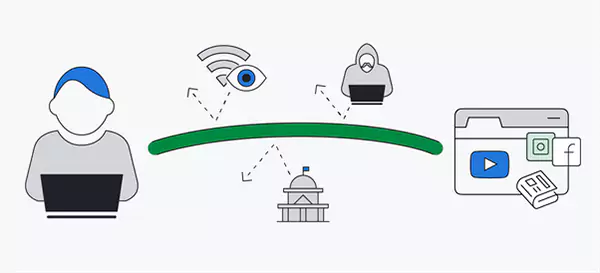
Likewise, some streaming platforms like Netflix and the UK’s BBC iPlayer only allow connections to IP addresses within their home countries. Often this is for copyright reasons and contractual obligations to studios that make movies and shows.
For example, if you live in Chennai, and you want to see a BBC British drama, you can’t access the iPlayer platform. But if you use a VPN and choose from a UK server on that network, you can view iPlayer content as if you were a resident of Cheltenham. And it only takes a couple of clicks of a mouse.
- Avoiding dynamic pricing – there is a practice (hotly denied by the perpetrators) of offering goods and services for sale on the internet at varying prices, based on the socio-economic demographic of the individual customer.
This happens most often on the large ticket and accommodation portals. It works by the sites using a combination of international search engine optimization (SEO) offering prices at a cost the AI on the seller website ‘thinks’ you can afford.
For example, imagine that you live in India but take a vacation to the US, and you want to take an internal flight from JFK Airport, New York City to, say, Los Angeles. You could access the internet from your Manhattan hotel room and get a price of $150.
The ticket seller’s software sees your IP address and assumes you’re wealthy because you’re based in Manhattan. But if you use your VPN from that same hotel room, you could choose to access the ticketing site from a server in Mexico.
Obviously, Mexico is not as rich a country as the US, so the website’s AI offers a lower price on the basis that might be all you can afford.
Many websites deny this practice ever happens, but when you use a VPN and try the test for yourself, the results are often self-evident.
In summary, when you visit social media, check your email, or go shopping online, using a VPN makes your connection secure from hacking, and you might also save some money or enjoy your favorite shows from wherever you might be in the world. Happy travels!
The Ultimate Guide to Accessing Geo-Restricted Social Media…
Leveraging Social Media for Networking and Job Search:…
Mastering the Digital Domain: 5 Social Media Marketing…
Why Ghost Trails Feature Disappeared: Did Snapchat Remove…
Understanding Why Don’t I Have Instagram Notes &…
How to Change Age on TikTok? An Ultimate…
Instagram Profile Viewer: Can You See Who Views…
Learn 15+ Easy Ways to Fix Instagram Keep…
TikTok Watch History: An Ultimate Guide on How…
The Ultimate 2024 Guide to Instagram Story Size…
All You Need to Know About TikTok’s Viral…
How to Post a GIF on Instagram (Feed,…

